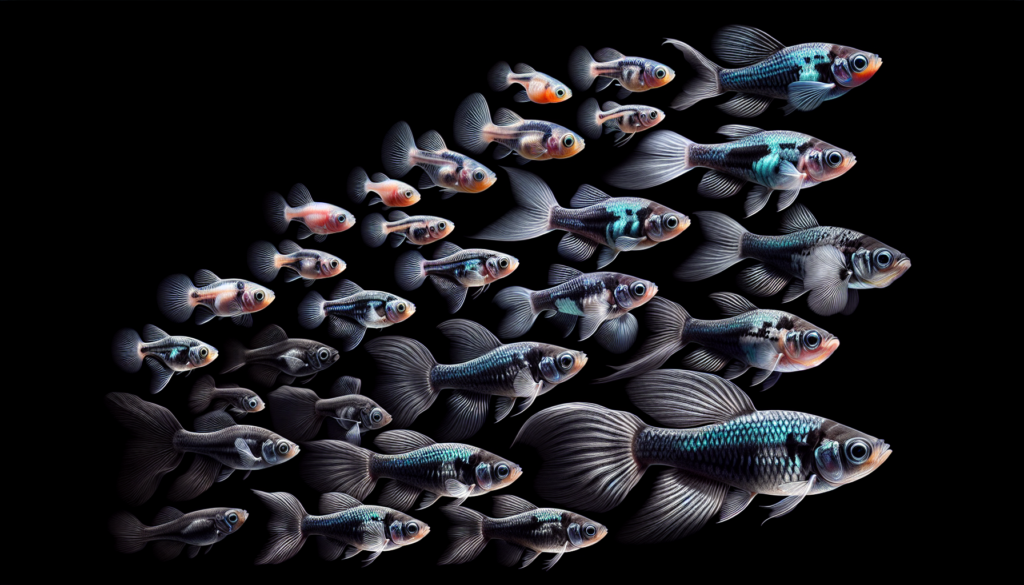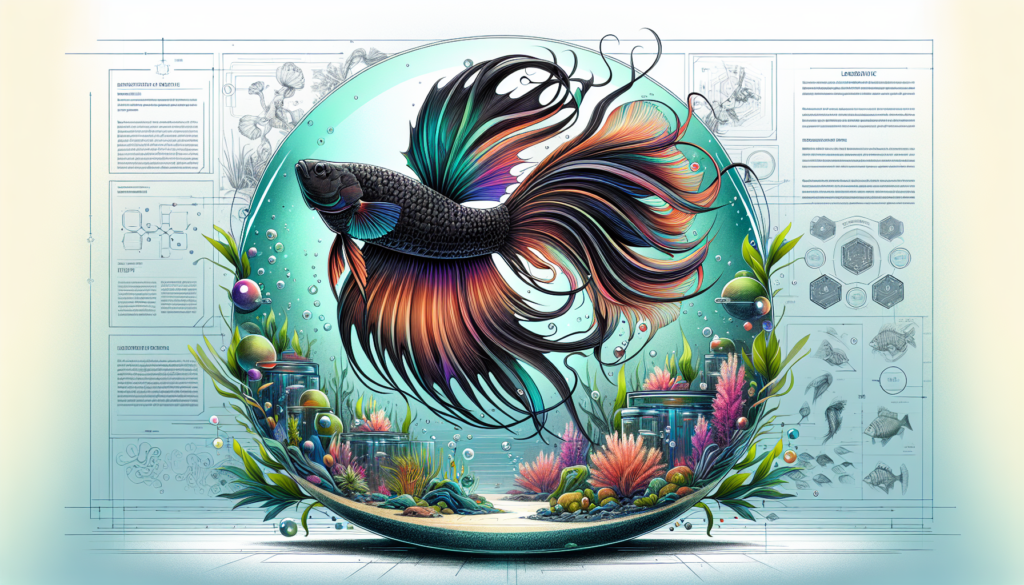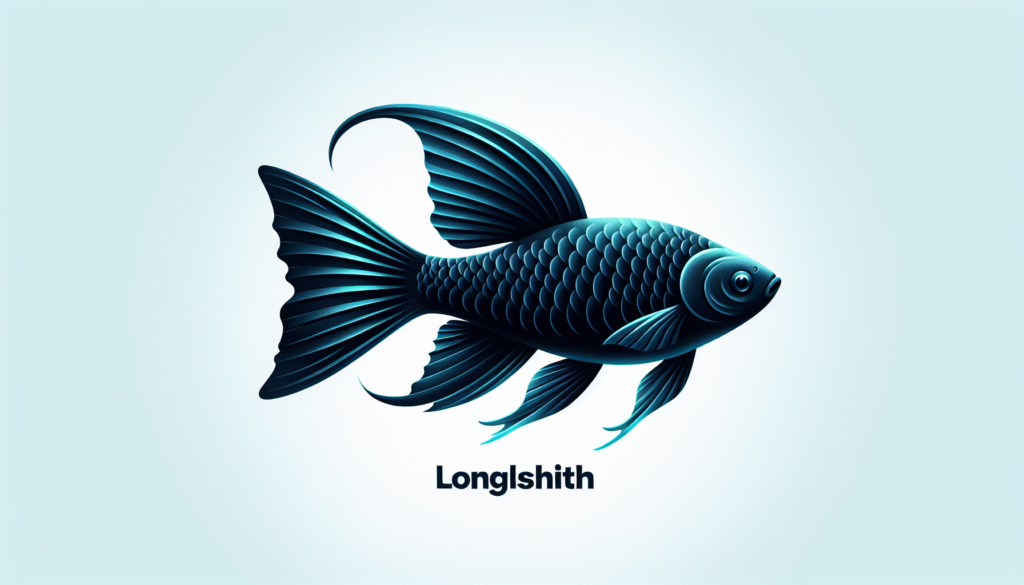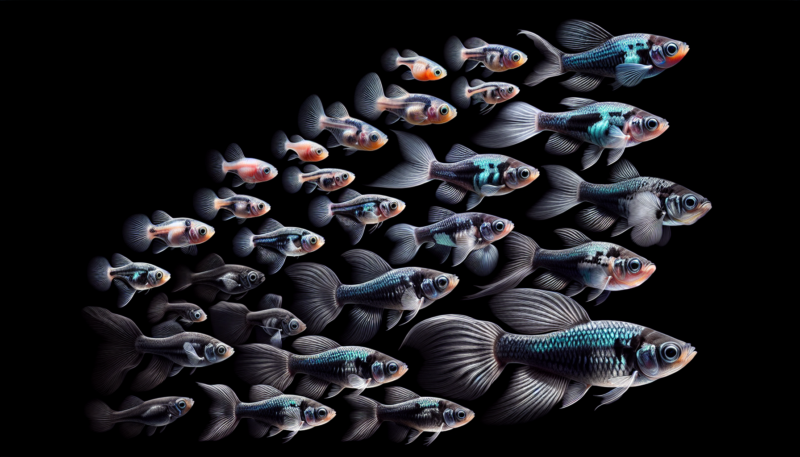Did you know that black mollies are a fascinating species of fish with a unique lifespan? These aquatic creatures, known for their striking black coloration, have captured the attention of fish enthusiasts around the world. However, many people are left wondering: how long do black mollies actually live? In this article, we will explore the lifespan of black mollies and uncover the factors that can influence their longevity. Whether you are a seasoned fish keeper or simply curious about these captivating creatures, join us as we dive into the intriguing world of black mollies and their lifespan.
The Lifespan of Black Mollies
Black mollies are popular freshwater aquarium fish known for their striking black coloration. These fish make a great addition to any fish tank, but it is important to understand the factors that can affect their lifespan. By taking proper care of your black mollies, you can help ensure that they live a long and healthy life. In this article, we will explore the various factors that can influence the lifespan of black mollies.
Factors Affecting Lifespan
Several factors can impact the lifespan of black mollies, including genetics, feeding habits, water quality, tank size, temperature, predators, healthcare, and breeding programs. By understanding these factors and taking appropriate measures, you can help maximize the lifespan of your black mollies.
Genetics
Genetics play a crucial role in determining the lifespan of black mollies. Some individuals may be genetically predisposed to certain health conditions or have a weaker immune system, which can shorten their lifespan. It is essential to obtain black mollies from reputable breeders or pet stores that prioritize genetic health. By selecting healthy individuals, you can increase the chances of your black mollies living a longer life.

Feeding Habits
Proper nutrition is vital for the well-being and longevity of black mollies. These fish are omnivorous and require a balanced diet consisting of both plant matter and animal protein. A high-quality flake or pellet food formulated specifically for mollies should serve as the foundation of their diet. Additionally, offering occasional treats such as freeze-dried or frozen foods like bloodworms or brine shrimp can provide extra nutrients. Be mindful not to overfeed your black mollies, as this can lead to obesity and various health issues. By providing a diverse and balanced diet, you can promote optimal health and extend their lifespan.
Water Quality
Maintaining excellent water quality is essential to the overall well-being of black mollies. These fish are sensitive to poor water conditions, so it is crucial to monitor parameters such as ammonia, nitrite, nitrate levels, and pH regularly. Black mollies prefer slightly alkaline water with a pH between 7.5 and 8.5. Performing routine water changes, using a high-quality filtration system, and keeping the tank clean can help ensure optimal water quality. By providing a clean and well-maintained environment, you can significantly impact the lifespan of your black mollies.

Tank Size
The size of the aquarium also plays a role in the lifespan of black mollies. These active fish require enough space to swim and explore their surroundings. It is recommended to provide at least 10 gallons of water per molly to accommodate their growth and behavior. A larger tank also means a more stable environment, as it can dilute any potentially harmful substances. By providing an adequately sized tank, you can create a comfortable and stress-free habitat for your black mollies, ultimately contributing to their longevity.
Temperature
Black mollies thrive in tropical freshwater environments. The ideal temperature range for black mollies is between 75-82°F (24-28°C). Fluctuations in temperature, especially sudden drops, can stress the fish and make them more susceptible to diseases. It is essential to use a reliable aquarium heater and monitor the temperature consistently to maintain optimal conditions. By ensuring a stable and suitable temperature, you can help extend the lifespan of your black mollies.

Predators
In the wild, black mollies face various predators that can significantly impact their lifespan. In captivity, the risk of predation is significantly reduced. However, it is essential to keep them in a tank with compatible tankmates to prevent aggression or stress. Avoid housing them with aggressive or larger species that may pose a threat to their safety. By providing a peaceful and predator-free environment, you can increase the chances of your black mollies living a longer and happier life.
Healthcare
Proper healthcare is crucial for maintaining the longevity of your black mollies. Regular observation and attention to their behavior, appetite, and physical appearance can help detect any signs of illness promptly. If you notice any abnormalities, it is essential to consult with a qualified veterinarian who has experience with fish. Additionally, maintaining a strict quarantine protocol for any new fish additions can minimize the risk of introducing diseases into the existing tank. By providing proper healthcare and prompt treatment when necessary, you can improve the overall health and lifespan of your black mollies.

Breeding Programs
Breeding programs can also impact the lifespan of black mollies. Reputable breeders often selectively breed individuals with strong genetics and good health, which can result in offspring with a higher chance of long and healthy lives. By acquiring black mollies from these breeding programs, you can increase the chances of your fish having an extended lifespan. Additionally, captive breeding can help reduce the demand for wild-caught specimens, which can further contribute to the conservation and sustainability of this species.
Average Lifespan
In favorable conditions, black mollies can live for an average of three to five years. However, with proper care and attention to the various factors affecting their lifespan, it is possible to extend their longevity beyond this average. Each black molly is unique, and their lifespan can be influenced by a combination of genetics, diet, water quality, tank size, temperature, predators, healthcare, and breeding programs. By providing optimal conditions and meeting their specific needs, you can ensure that your black mollies live a long, healthy, and vibrant life.
In conclusion, the lifespan of black mollies can be influenced by several factors, including genetics, feeding habits, water quality, tank size, temperature, predators, healthcare, and breeding programs. By focusing on these aspects of care and providing a suitable environment, you can help ensure that your black mollies live their best lives. Remember, with proper care and attention, your black mollies can bring joy and beauty to your aquarium for years to come.
